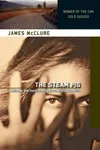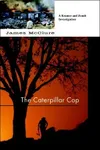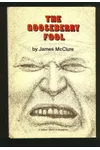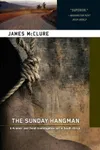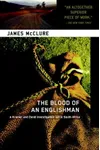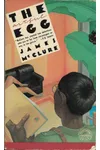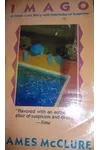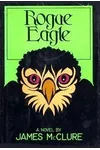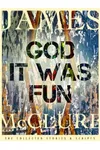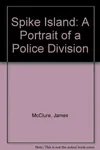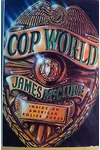Picture a South African-born storyteller who turned the crime fiction world upside down with gritty tales of apartheid-era intrigue—meet James McClure! Born in Johannesburg in 1939, McClure spun his experiences as a crime reporter into the unforgettable Kramer and Zondi series, blending sharp mysteries with bold social commentary. His debut, The Steam Pig, snagged the prestigious CWA Gold Dagger, cementing his place as a literary trailblazer.
With a knack for weaving humor, heart, and hard truths, McClure’s stories brought South Africa’s complex racial landscape to life. His detective duo—an Afrikaner lieutenant and a Zulu sergeant—tackled crime while navigating the absurdities of a divided society. Let’s dive into the life and legacy of this remarkable author!
The Making of James McClure
Born on October 9, 1939, in Johannesburg, James Howe McClure grew up in a South Africa steeped in racial tension. Educated in Pietermaritzburg at schools like Maritzburg College, he soaked up the contradictions of his homeland. After a stint as a commercial photographer alongside future comic novelist Tom Sharpe, McClure taught English and art before diving into journalism. As a crime reporter for the Natal Witness, he witnessed the raw underbelly of apartheid, fueling his storytelling. In 1965, he moved to Britain with his family, joining newspapers like the Oxford Mail while quietly crafting his literary debut.
James McClure’s Unforgettable Stories
McClure’s breakthrough came with The Steam Pig (1971), a police procedural that introduced Lieutenant Tromp Kramer and Sergeant Mickey Zondi. Set in the fictional Trekkersburg, the novel unravels a murder tied to apartheid’s racial laws, earning the CWA Gold Dagger for its taut plot and vivid setting. The Song Dog (1991), a prequel, captures the duo’s first meeting, blending dark humor with poignant cultural insights. The Gooseberry Fool (1974) sees Kramer and Zondi untangle a conspiracy, showcasing McClure’s knack for intricate mysteries.
His style was raw yet compassionate, using dry wit to expose apartheid’s absurdities without preaching. McClure’s characters, from Kramer’s gruff charm to Zondi’s sharp intellect, defied stereotypes, earning praise from icons like P.D. James. Beyond the series, he penned Rogue Eagle (1976), a spy thriller that nabbed the CWA Silver Dagger, and nonfiction works like Spike Island, delving into police life with journalistic precision.
Why James McClure Matters
McClure didn’t just write mysteries—he held a mirror to apartheid’s injustices, reaching readers from South African police to global activists. His books, taught in universities, offered a nuanced look at a divided society, balancing thrilling plots with social critique. Despite limited acceptance in South Africa during apartheid, his work gained a cult following among local police, who saw their world reflected in his pages. McClure’s legacy endures in crime fiction, inspiring writers to tackle tough issues with heart and humor.
After retiring from editing the Oxford Mail, McClure returned to writing until his death in 2006. His stories remain a vibrant testament to the power of fiction to illuminate truth.
- Born: October 9, 1939, Johannesburg, South Africa
- Key Works: The Steam Pig, The Song Dog, Rogue Eagle
- Awards: CWA Gold Dagger (1971), CWA Silver Dagger (1976)
- Died: June 17, 2006, Oxford, England
Snag The Steam Pig and dive into James McClure’s thrilling, thought-provoking world of crime fiction!
